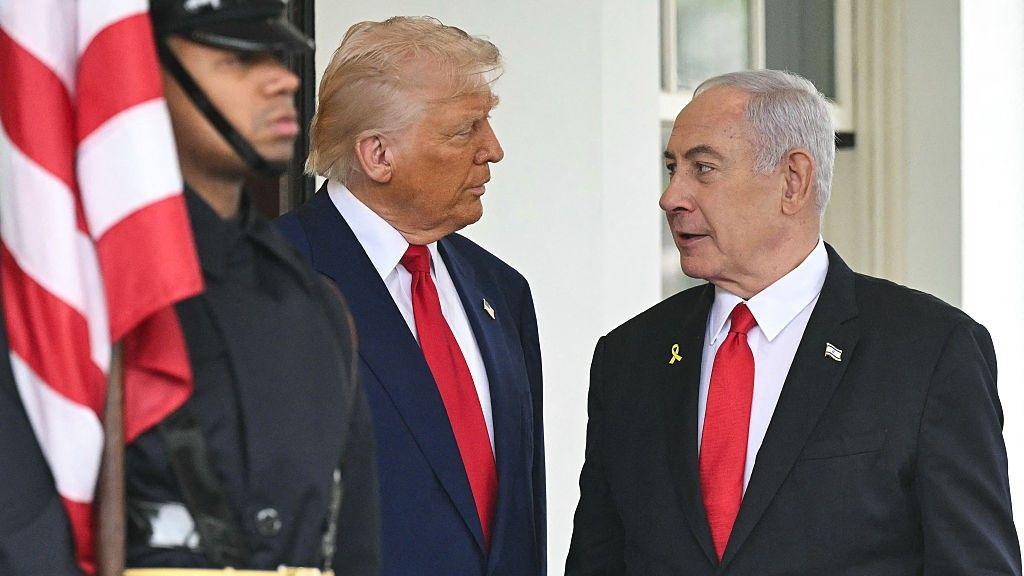President Trump and Israeli Prime Minister Benjamin Netanyahu recently held a significant meeting, with new U.S. tariffs looming on the horizon. During the talks, President Trump announced that the United States is preparing to begin direct negotiations with Iran. This declaration signals a potentially important shift in the U.S. approach toward Iran, an issue that has seen heightened tensions in recent times.
The meeting between Trump and Netanyahu took place as concerns about regional security and international diplomacy weighed heavily on both administrations. While the specifics of the forthcoming discussions with Iran were not detailed, President Trump’s announcement has captured global attention. Observers are now closely watching for potential changes in foreign relations dynamics in the Middle East.
Traditionally, U.S.-Iran relations have been marked by a history of diplomatic isolation and economic sanctions. Previous interactions between the two nations have often been conducted indirectly, facilitated by other countries or through multilateral forums. The decision to engage in direct talks therefore represents a marked departure from past diplomatic practices.
Prime Minister Netanyahu, known for his cautious stance on Iran, engaged with President Trump to express Israel’s perspectives and concerns. Israel has repeatedly emphasized the importance of ensuring that Iran does not develop nuclear weapon capabilities. The two leaders discussed various strategies aimed at promoting stability and security in the Middle East. During the meeting, President Trump underscored the significance of open communication channels and the possibility of resolving longstanding issues through dialogue.
The timing of this announcement is critical, as the United States is set to implement new tariffs in the coming days. It remains to be seen how these economic measures will interact with the newly revealed diplomatic efforts concerning Iran. The intersection of economic policies and diplomatic initiatives could influence broader regional and international economic landscapes.
While the initiation of talks could herald a potential thawing in U.S.-Iran relations, skepticism and caution persist among international observers. The process of negotiation will likely involve complex discussions and could face numerous challenges. Nonetheless, the willingness to engage directly may open new avenues toward achieving mutual understanding and potentially alleviating regional tensions.
The geopolitical implications of this development are significant. A change in U.S.-Iranian diplomacy could reshape alliances and rivalries in the Middle East. Countries in the region, as well as international stakeholders, will be closely monitoring subsequent developments and responses from Iran.
Although President Trump has advocated for negotiation as a tool for conflict resolution, critics point out the unpredictable nature of diplomatic efforts. The direct engagement with Iran, if executed thoughtfully, presents an opportunity for dialogue and understanding. However, the success of such talks hinges on addressing key issues and fostering trust between the involved parties.

